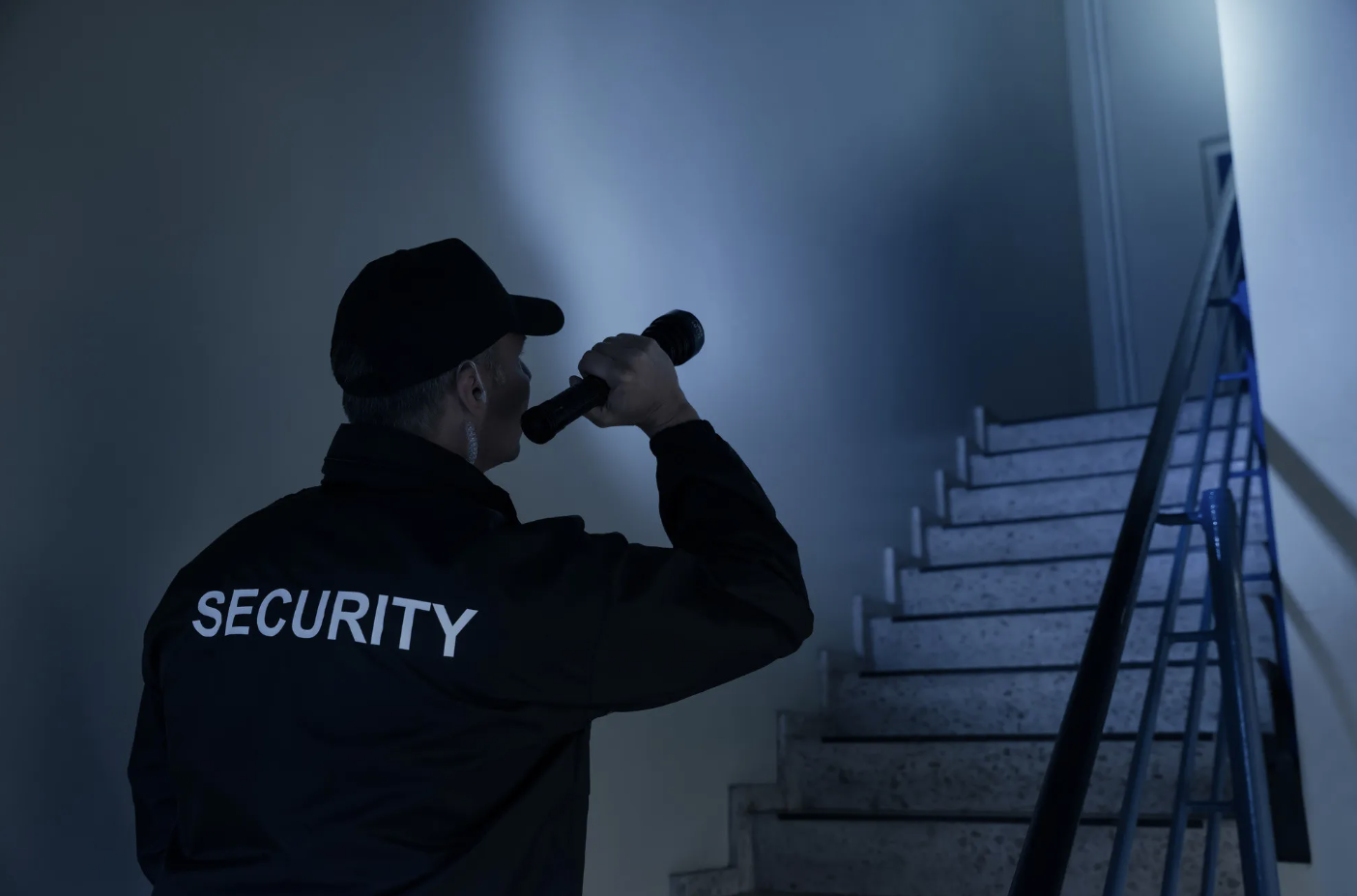When it comes to safeguarding your home and loved ones, selecting the right residential security is crucial. With numerous options available, it can be overwhelming to decide which service will best meet your needs. This guide offers practical tips to help you navigate the process and choose the best residential security for your home.
Alpine Protection Services
Alpine Protection Services offers top-notch security services designed to meet the unique needs of your home. With a focus on providing customized residential security services, Alpine Protection ensures that each security system is tailored to address the specific concerns and preferences of homeowners. Their inclusive approach includes advanced technology integration, such as smart home devices, real-time monitoring, and robust alarm systems. Committed to exceptional customer service, Alpine Protection provides 24/7 support and professional installation, ensuring that your home remains secure around the clock. Whether you’re looking for enhanced safety measures or a complete home security overhaul, Alpine Protection Services delivers reliable and effective services to keep your home and loved ones safe.
Understand Your Security Needs
Before you start evaluating different residential security, it’s essential to understand what specific needs you have. Are you looking for basic monitoring, or do you need advanced security features? Consider factors such as the size of your home, the number of entry points, and any particular concerns you might have, like frequent travel or living in a high-crime area. Knowing your needs will help you narrow down the choices and find a service that offers the appropriate level of protection.
Research Service Providers
Once you have a clear idea of your security needs, it’s time to research potential residential security service providers. Look for companies with a solid reputation and positive customer reviews. Check their websites and social media pages for information about their services, technology, and customer satisfaction. It’s also helpful to ask friends, family, or neighbors for recommendations based on their experiences. A provider with a proven track record of reliability and customer service is more likely to offer the quality of protection you need.
Evaluate the Technology Used
Residential security vary in terms of technology and features. Some may offer basic alarm systems, while others provide state-of-the-art smart home integration. When choosing a service, evaluate the technology they use, such as surveillance cameras, motion detectors, and smart locks. Look for systems that offer real-time alerts and remote access through mobile apps. The more advanced the technology, the better equipped you’ll be to monitor and control your home’s security from anywhere.
Consider the Cost and Value
Cost is an important factor when selecting residential security services. Compare the pricing structures of different providers, including installation fees, monthly monitoring charges, and any additional costs for equipment or services. While it’s tempting to choose the cheapest option, consider the value you’re getting for your money. Sometimes, paying a bit more for higher-quality equipment and better customer service can be worth the investment. Look for services that offer transparent pricing and no hidden fees.
Check for Customer Support and Reliability
Reliable customer support is crucial when dealing with residential security. In case of an emergency or technical issue, you’ll want a provider that offers prompt and effective support. Check if the company has a 24/7 customer service line and how responsive they are to inquiries. Reading customer reviews can give your insight into how well a provider handles support and service requests. A company with strong customer support will ensure that any problems with your security system are addressed quickly and efficiently.
Look for Additional Features and Services
Some residential security services offer additional features that can enhance your home’s security. These may include fire and carbon monoxide monitoring, emergency response services, or home automation options. Consider whether these extras are important for your situation. For example, if you live in an area prone to wildfires, fire monitoring could be a valuable addition to your security system. Evaluate the range of services offered and choose a provider that can meet all your security needs.
Assess Installation and Maintenance
The installation process and ongoing maintenance are key factors to consider when choosing residential security. Find out if the provider offers professional installation or if you need to do it yourself. Professional installation can ensure that your security system is set up correctly and functions as intended. In addition, inquire about maintenance services and how often the system will need updates or repairs. A provider that offers regular maintenance and support can help keep your security system in top working condition.
Test the System
If possible, test the residential security system before making a final decision. Many providers offer demonstrations or trial periods where you can experience the system’s features firsthand. Testing the system allows you to evaluate its functionality, ease of use, and overall performance. Ensure that the system meets your expectations and works well with your home’s layout before making a commitment.
Make an Informed Decision
Choosing the best residential security services requires careful consideration of your needs, the technology available, and the reliability of the provider. By following these tips, you can make an informed decision and select a service that offers the protection and peace of mind you need. Remember to review all aspects of the service, from technology and cost to customer support and contract terms, to ensure that you choose the best option for your home.
Conclusion
In conclusion, finding the right residential security services involves assessing your needs, researching providers, and evaluating technology and features. By considering factors such as cost, customer support, and additional services, you can make a well-informed decision that enhances the safety and security of your home.



